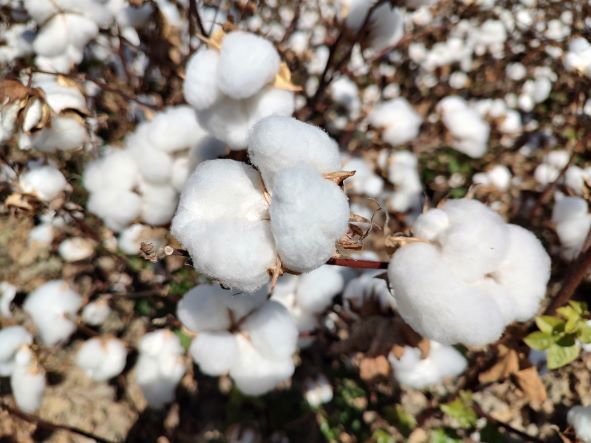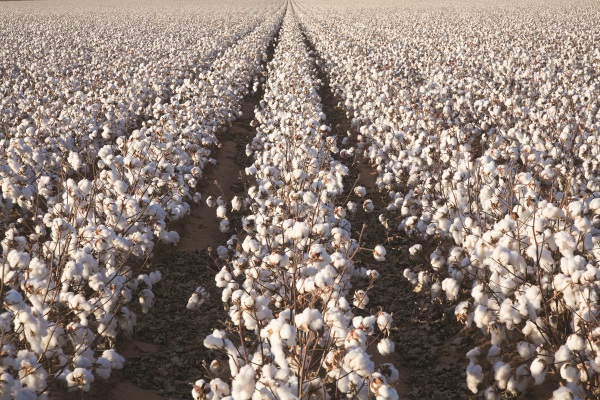2021 In Review: Facilitating Financial Fitness for U.S. Cotton
Seeking COVID economic relief continued as a National Cotton Council priority in 2021 along with weighing in on important legislation and multiple issues affecting U.S. cotton.
Among key actions was engaging with USDA on a smooth distribution of Congressionally approved relief payments to producers and assistance to textile mills and merchants. We also advocated for USDA assistance to merchandisers to offset a portion of 2020 COVID losses by using funding available for securing/improving the food and agricultural supply chain.
Other key economic boosts for producers were USDA’s allowing all marketing assistance loan terms to be extended from nine months to 12 months and available on all loans taken through September 2021 and providing assistance under the agency’s Pandemic Cover Crop Program whereby producers who planted a cover crop during the 2021 crop year and had crop insurance coverage through a USDA Risk Management Agency Approved Insurance Provider could apply for a credit on their insurance premiums. The maximum premium support of $5 per acre was paid on the acreage of cover crops planted on eligible insured acres for producers who applied before the June 15, 2021, deadline.
To further bolster the U.S. textile sector, the NCC asked Senate leadership to include strong domestic procurement provisions in the U.S. Innovation and Competition Act for personal protection equipment products by major government purchasers and to offer long-term federal contracts to help provide U.S. textile manufacturers with the certainty needed to justify further investments and facility modifications to produce those products.
As in 2020, the NCC worked with the Administration, Congress, and others to ensure that COVID-related programs such as the Paycheck Protection Program and the Economic Injury Disaster Loan program were available to producers and others in agriculture.
The NCC engaged with Congress and the Administration to ensure that appropriate disaster relief legislation was provided. We were pleased that USDA issued more than $1 billion in payments for producers with approved Quality Loss Assistance (QLA) applications and for 2019 WHIP+ applications that already were approved. USDA indicated a third round of payments may be issued if sufficient funds were available.
We also worked with Congress to extend the WHIP+ program to cover 2020 and 2021 crop/quality losses due to natural disasters.
The NCC also has been very active on other major issues ranging from federal appropriations and agriculture tax policy to port congestion/rail freight costs and regulatory concerns. For example, the NCC cosigned several letters urging Congress not to make negative changes to the tax code as it began the budget reconciliation process, supported introduction of the Ocean Shipping Reform Act of 2021, and advocated for preserving the Navigable Waters Protection Rule (NWPR) – including joining other agricultural stakeholders in conveying reservations to EPA and the Army Corps of Engineers about possible erasure of NWPR and rewriting federal water law.
As a Food and Agriculture Climate Alliance steering committee member, the NCC gave input on issues such as how to reward producers for current climate smart practices and to provide incentives for more practices that can reduce emissions and/or sequester carbon.
We continued to develop and promote the U.S. Cotton Trust Protocol with the aim of seeing U.S. cotton producers realize increased profitability through participation in this dynamic sustainability initiative. Some 300 producers enrolled their 2020 crop with a goal or enrolling 750 producers in 2021. The Trust Protocol also has gained more than 450 mill, manufacturer, brand, and retailer members.










